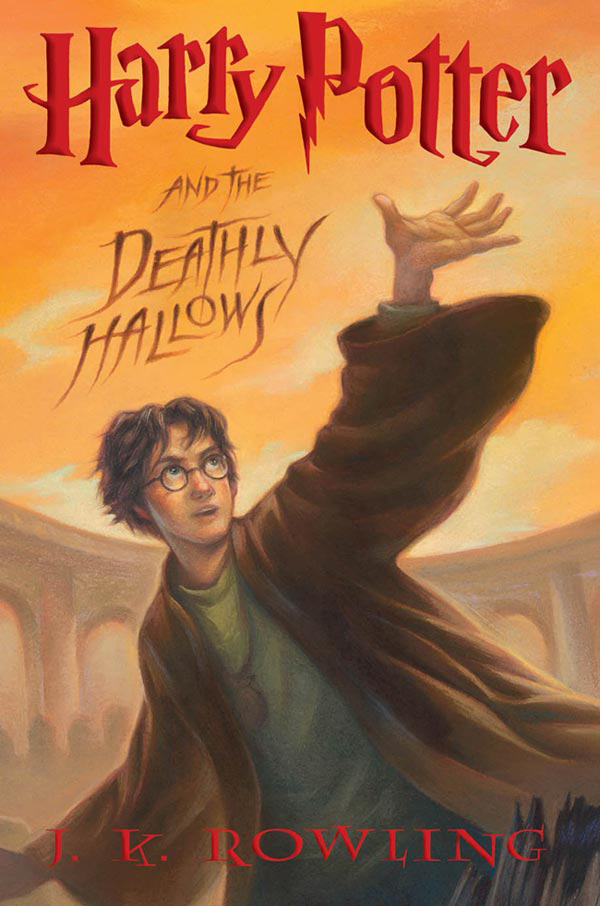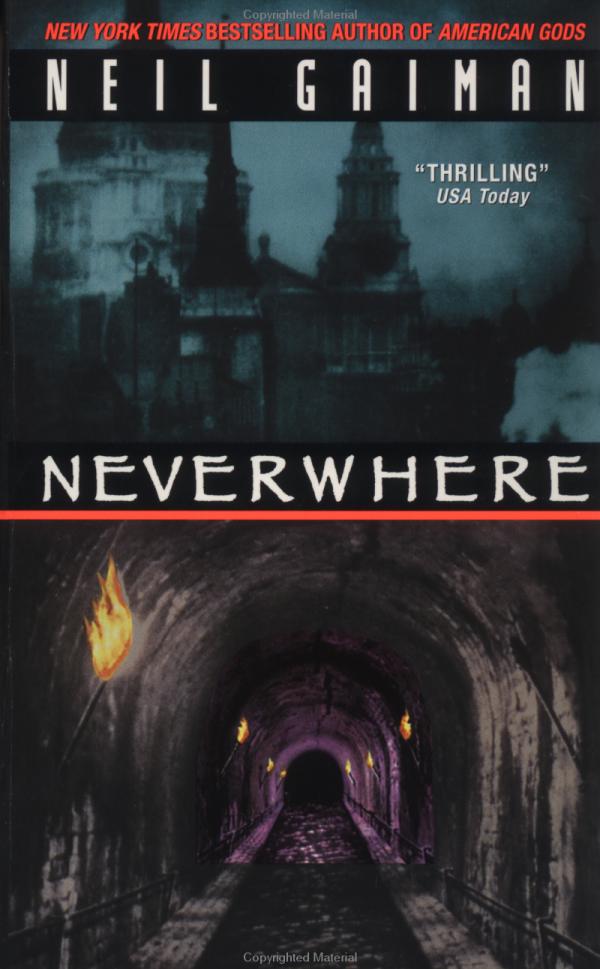
Whether you are a returning fan to our
Summer Poetry Challenge or you've stumbled over us by mistake - welcome. The full roster of poetry readers is on the side bar and you can click any of the participants' names to link directly to their site. Their posts will be labeled with the title of the poems if it is difficult to find them. And welcome to our latest participant - Nyssaneala at Book Haven.
The second of my four poems is
Song of Myself from
Leaves of Grass by American bard,
Walt Whitman, first published in 1855. It's a declaration of the American individualist, comprised of 52 incantatory sections with long and forward moving lines - like great rivers:
Song of Myself 1.
I CELEBRATE myself, and sing myself,
And what I assume you shall assume,
For every atom belonging to me as good belongs to you.
I loafe and invite my soul,
I lean and loafe at my ease observing a spear of summer grass.
My tongue, every atom of my blood, form'd from this soil, this air,
Born here of parent born here from parents the same, and their parents the same,
I, now thirty-seven years old in perfect health begin,
Hoping to cease not till death.
Creeds and schools in abeyance,
Retiring back a while sufficed at what they are, but never forgotten,
I harbour for good or bad, I permit to speak at every hazard,
Nature without check with original energy.
(The poem is nearly 50 pages long - too long to include here, I will only post excerpts, but here is a link to
the full text on-line).
I can read some of this poem and think - god, is this guy in love with himself:
I will go to the bank by the wood and become undisguised and naked,
I am mad for it to be in contact with me.
The smoke of my own breath,
Echoes, ripples, buzz'd whispers, love-root, silk-thread, crotch, and vine,
My respiration and insipiration, the beating of my heart, the passing of blood and air through my lungs...
Stop this day and night with me and you shall possess the origin of all poems,
You shall possess the good of the earth and sun (there are millions of suns left),
You shall no longer take things at second or third hand, nor look through the eyes of the dead, nor feed on the spectres in books,...
but he says:
I know perfectly well my own egotism,
Know my omnivorous lines and must not write any less,
And would fetch you, whoever you are, flush with myself.
To what end?
Not words of routine this song of mine,
but abruptly to question, to leap beyond yet nearer bring;

Whitman's 'self' is, I think, not so much a song of pure vanity, his self love is a means through which he is trying to possess himself because he sees freedom as a birth rite for all and self possession a necessity if we are each to be free. He wants us not to love him but to love ourselves:
You shall not look through my eyes either, nor take things from me,
You shall listen to all sides and filter them from yourself.
He invites us on a parallel journey to his, not his own journey:
Not I, not any one else can travel that road for you,
You must travel it for yourself...
You are also asking me questions and I hear you,
I answer that I cannot answer, you must find out for yourself.
Sit a while, dear son,
Here are biscuits to eat and here is milk to drink,
But as soon as you sleep and renew yourself in sweet clothes,
I kiss you with a good-bye kiss and open the gate for your egress hence.
Long enough have you dream'd contemptible dreams,
Now I wash the gum from your eyes,
You must habit yourself to the dazzle of the light and of every moment of your life.
Long have you timidly waded holding a plank by the shore,
Now I will you to be a bold swimmer,
To jump off in the midst of the sea, rise again, nod to me,
Shout, and laughingly dash with your hair.
He acknowledges the effect of his elders and teachers, his city and country, science and literature, history, and other precedents but:
These come to me days and nights and go from me again,
But they are not the Me myself...
Backward I see in my own days where I sweated through fog with linguists and contenders,
I have no mockings or arguments, I witness and wait.
Whitman invokes personal revolution in this poem not merely for its own sake but for the sake of the transformation of society. Whether we are male or female, old or young he sings:
Undrape! you are not guilty to me, nor stale nor discarded...
Shame, he declares, is social repression - it is the seat of bondage - it is unnatural and gives rise to bigotry and injustice. He relishes the natural world, the natural state because freedom is the natural state.
And diversity within that world is among nature's most prominent features. He sings the praises of diversity:
I am of old and young, of the foolish as much as the wise,
Regardless of others, ever regardful of others,
Maternal as well as paternal, a child as well as a man...
Of every hue and caste am I, of every rank and religion,
A farmer, mechanic artist, gentleman, sailor, quaker,
Prisoner, fancy-man, rowdy, lawyer, physician, priest.
I resist anything better than my own diversity...
If that isn't a song for today I don't know what is. His version is different though, he doesn't merely see diversity as a phenomenon outside oneself - he sees it as part of him. His vision is the self as the word:
I exist as I am, that is enough,
If no other in the world be aware I sit content,
And if each and all be aware I sit content.
One world is aware and by far the largest to me, and that is myself...
His equation of self = world isn't vanity exactly, it's more like the artist's duty - to imagine oneself as something. I suppose that is arrogance of a sort - imagining we can be everyone and everything. It is also humility of a sort - sort of saying - I am no better than anyone - I wish to experience all life - your pain, your pleasure - I strive to know everything. It's arrogance only when we do it pretending we know everything. But Whitman says:
Askers embody themselves in me and I am embodied in them,
I project my hat, sit shame-faced and beg.
He assumes this role - to embody everyone - and here he tells us why he assumes the first person:
Agonies are one of my changes of garments,
I do not ask the wounded person how he feels, I myself become the
wounded person,
My hurts turn livid upon me as I lean on a cane and observe.
He assumes their characters as part of the project he has set for himself to free himself and to free the world, soul by soul. He wishes freedom for all, but one cannot be free unless everyone is free:
Walt Whitman, a kosmos, of Manhattan the son,
Turbulent, fleshly, sensual, eating, drinking, and greeding,
No sentimentalist, no stander above men and women or aprt from them,
No more modest than immodest.
Unscrew the locks from the doors!
Unscrew the doors themselves from their jambs!
Whoever degrades another degrades me,
And whatever is done or said returns at last to me.
And - wow - that is really the point isn't it? He may declare himself a universe but that is because he recognizes that when others are beaten down then so is he. We could use some of that philosophy today. That is why he sets the task for himself of assuming the characters of others. I get really tired when I hear artists of today (usually when making arguments for funding in the U.S.) declare the use of art to be keeping children off the street or raising reading scores. Art does not have to be defended as a social service, it is useful in and of itself. It plays a role in the transformation of individuals and of societies. Without being able to imagine - to put oneself in the shoes of others - the only changes that will ever occur are those that make our own personal existence immediately easier. And without being able to envision the world as different from the way it is, nothing will ever change. Imagination is that kind of vision. It is a muscle that must be exercised through art. It is necessary to our future. End of rant.

But in addition to Whitman's credo, which can seem naive and romantic but is nonetheless a passionate call for personal and social revolution, I also enjoy much else in his writing.
Whitman was a revolutionary in content,writing frankly about sex, defying authority, personally defined religion, and as Camille Paglia says in her excellent chapter on Whitman in
Break Blow Burn he declares the equality of everything outside the body - from dung beetle to philosopher - and inside - bowels, head and heart. He was also a revolutionary in form. The long rhapsodic lines remind me of one of my favorite songs of all time - Bob Dylan's
A Hard Rain's Gonna Fall:
Oh, what did you see, my blue-eyed son?
Oh, what did you see, my darling young one?
I saw a newborn baby with wild wolves all around it
I saw a highway of diamonds with nobody on it,
I saw a black branch with blood that kept drippin',
I saw a room full of men with their hammers a-bleedin',
I saw a white ladder all covered with water,
I saw ten thousand talkers whose tongues were all broken,
I saw guns and sharp swords in the hands of young children...
Well, I suppose I should say that Dylan reminds me of Whitman, another self-made American vagabond. His breathless run-on lines and long lists break with the neat, rhythmic stanzas of the poets writing before him:I understand the large hearts of heroes,
The courage of present times and all times,
How the skipper saw the crowded and rudderless wreck of the
steamship, and Death chasing it up and down the storm,
How he knuckled tight and gave not back an inch, and was faithful of
days and faithful of nights,
And chalk'd in large letters on a board, Be of good cheer, we will
not desert you;
How he follow'd with them and tack'd with them three days and
would not give it up,
How he saved the drifting company at last,
How the lank loose-gown'd women look'd when boated from the
side of their prepared graves,
How the silent old-faced infants and the lifted sick, and the
sharp-lipp'd unshaved men;
All this I swallow, it tastes good, I like it well, it becomes mine,
I am the man, I suffer'd, I was there.
The disdain and calmness of martyrs,
The mother of old, condemn'd for a witch, burnt with dry wood, her
children gazing on,
The hounded slave that flags in the race, leans by the fence,
blowing, cover'd with sweat,
The twinges that sting like needles his legs and neck, the murderous
buckshot and the bullets,
All these I feel or am.
I am the hounded slave, I wince at the bite of the dogs,
Hell and despair are upon me, crack and again crack the marksmen,
I clutch the rails of the fence, my gore dribs, thinn'd with the
ooze of my skin,
I fall on the weeds and stones,
The riders spur their unwilling horses, haul close,
Taunt my dizzy ears and beat me violently over the head with
whip-stocks.
Agonies are one of my changes of garments,
I do not ask the wounded person how he feels, I myself become the
wounded person,
My hurts turn livid upon me as I lean on a cane and observe.
I am the mash'd fireman with breast-bone broken,
Tumbling walls buried me in their debris,
Heat and smoke I inspired, I heard the yelling shouts of my
comrades,
I heard the distant click of their picks and shovels,
They have clear'd the beams away, they tenderly lift me forth.
I lie in the night air in my red shirt, the pervading hush is for my
sake,
Painless after all I lie exhausted but not so unhappy,
White and beautiful are the faces around me, the heads are bared
of their fire-caps,
The kneeling crowd fades with the light of the torches.
Distant and dead resuscitate,
They show as the dial or move as the hands of me, I am the clock
myself.
But out of those long passages, the images stand out sharply - the torturing of the slave, the shipwrecked. The faces, the blood are palpable.
He sets amibitious goals for himself sometimes - like imagining what he was prior to his birth:
I am an acme of things accomplish'd, and I an encloser of things to be.
My feet strike an apex of the apices of the stairs,
On every step bunches of ages, and larger bunches between the steps,
All below duly travell'd, and still I mount and mount.
Rise after rise bow the phantoms behind me,
Afar down I see the huge first Nothing, I know I was even there,
I waited unseen and always, and slept through the lethargic mist,
And took my time, and took no hurt from the fetid carbon.
Long I was hugg'd close - long and long.
Immense have been the preparations for me,
Faithful and friendly the arms that have help'd me...
He writes also of the infinity of space in a way that seems strikingly modern:
I open my scuttle at night and see the far-sprinkled systems,
And all I see multiplied as high as I can cipher edge but the rim of the farther systems.
Wider and sider they spread, expanding, always expanding,
Outward and outward and for ever outward...
A few quadrillions of eras, a few octillions of cubic leagues,
do not hazard the span or make it impatient,
They are but parts, anything is but a part.
See ever so far, there is limitless space outside of that,
Count every so much, there is limitless time around that...
He sounds like a contemporary physicist!
In the final section he creates an image of how we as organisms return to the earth which combines with the image of the returning traveler and the poet finishing his work - these three key images he has developed over the poem's many pages - meet:
52.
The spotted hawk swoops by and accuses me, he complains of my gab
and my loitering. I too am not a bit tamed, I too am untranslatable,
I sound my barbaric yaws over the roofs of the world.
The last scud of day holds back for me,
It flings my likeness after the rest and true as any on the shadow'd
wilds,
It coaxes me to the vapor and the dusk.
I depart as air, I shake my white locks at the runaway sun,
I effuse my flesh in eddies, and drift it in lacy jags.
I bequeath myself to the dirt to grow from the grass I love,
If you want me again look for me under your boot-soles.
You will hardly know who I am or what I mean,
But I shall be good health to you nevertheless,
And filter and fibre your blood.
Failing to fetch me at first keep encouraged,
Missing me one place search another,
I stop somewhere waiting for you.
Whitman gave voice to some of the things that are useful and good in the individualist creed that defines the American spirit. That story is now largely told (not only by critics from other lands but by many Americans critics too) only in terms of greed and crass opportunism - an "every man for himself because that's what everyone else is going to do"philosophy. Now this is not a political rant, I'm writing about poetry here: there is much to remember that is good in that individualist spirit and that is what Whitman celebrates. We can possess ourselves only when we have embodied others, he says. Perhaps when we've stepped inside others we will wish the same freedom for them we wish for ourselves. Perhaps with some imagination we can see that their wish may not look exactly like our's. The value in real self possession is that one doesn't need to force our personal world on others to be free oneself.









































